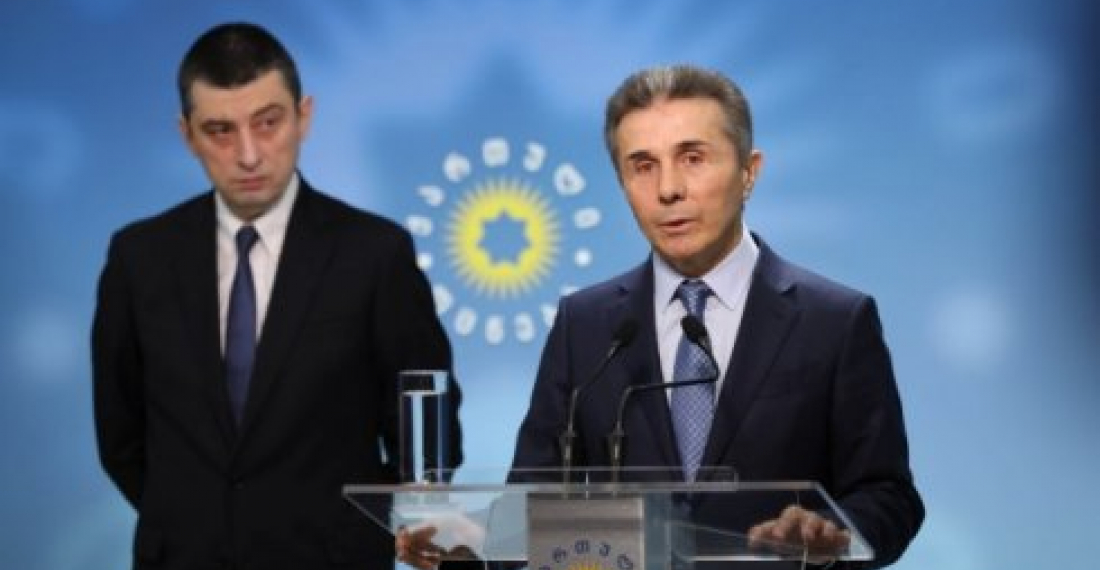Giorgi Gakharia has been nominated as the new prime minister of Georgia following yesterday's resignation from the post of Mamuka Bakhtadze, who held the post since 2017.
The nomination of Gakharia, who until now was Minister of Interior, was announced on Tuesday morning by the Chairman of the ruling Georgian Dream party, Bidzina Ivanishvili.
Gakharia has already presented to parliament his list of ministers for approval.
Introducing Gakharia to the media, Ivanishvili told journalists, "Both you and the public know Giorgi Gakharia well. I think he deserved to be nominated for this post due to his efforts as the Business Ombudsman, then as the Minister of Economy and then as the Minister of Internal Affairs. I think the Parliament will definitely approve this."
Gakharia's nomination is likely to be controversial and has already triggered some protests in front of the Georgian parliament. As Interior Minister, Gakharia was criticised for excessive use of force by security forces on protestors during earlier demonstartions in July. The circumstances of those events however remain unclear.
source: commonspace.eu with agencies
photo: Georgian Dream Chairman Bidzina Ivanishvili introducing the new prime minister of Georgia Giorgi Gakharia to the media on 3 September 2019. (Photo courtesy of Georgian Dream, Tbilisi)







